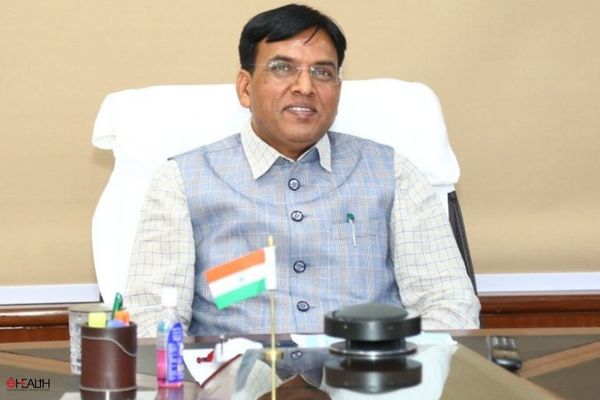
The average price of 651 essential drugs has dropped by 6.73% since April 1, according to Health Minister Mansukh Mandaviya on Monday.
He stated that the National Pharmaceutical Pricing Authority (NPPA) had been able to set ceiling prices for 651 of the over 870 scheduled drugs on the National List of Essential Medicines so far (NLEM).

According to the Minister, the cost of 651 essential drugs has already been reduced by 16.62% as a result of the capping of ceiling prices. Even if prices rose 12.12% this year, the capping would help to offset the increase, according to the Minister.
“A company can increase the price of medicines with effect from April 1, 2023, to the extent of 12.12% of the valid ceiling price of 651 essential medicines linked to Wholesale Price Index,” the Health Minister said in a series of counter-tweets to what he called an answer to president of the Indian National Congress Mallikarjun Kharge on his misleading tweet about Essential Medicine Price Rise (WPI). Even if the company raises the price entirely, an average reduction of 6.73% is expected.
According to the Drugs (Prices Control) Order, 2013, pharma companies can increase or decrease the prices of medicines based on the WPI every year, according to the Minister.

Also Read:- Mansukh Mandaviya announces to open Integrative Medicine Centres at govt medical hospitals
However, the government revised the list and prices of essential medicines in November 2022. The NPPA, the government regulatory agency in India that controls the prices of pharmaceutical drugs, had begun work on revising the applicable ceiling price of such notified drugs under DPCO, 2013. “So far, new price ceilings for 651 of 870 essential medicines have been announced.” As a result, the approved maximum price of medicines has decreased by an average of 16.62%. As a result, consumers will save an estimated 3,500 crore per year,” said the Minister.
He also tweeted that the Janaushadhi campaign had created market competition, as a result of which pharmaceutical companies did not raise prices to the extent permitted.
In its note on Essential Medicines in Southeast Asia, the World Health Organization stated that medicines accounted for an estimated 40% of health budgets in low- and middle-income countries, with patients bearing the majority of the cost out of pocket. “Due to widespread health-care inefficiencies, up to a quarter of medicine spending is wasted due to poor procurement and irrational use of substandard and expired medications.” “There has been a lack of investment in supply chain and regulatory systems, as well as insufficient monitoring of medicines management,” it stated.
Be a part of Elets Collaborative Initiatives. Join Us for Upcoming Events and explore business opportunities. Like us on Facebook , connect with us on LinkedIn and follow us on Twitter , Instagram.












